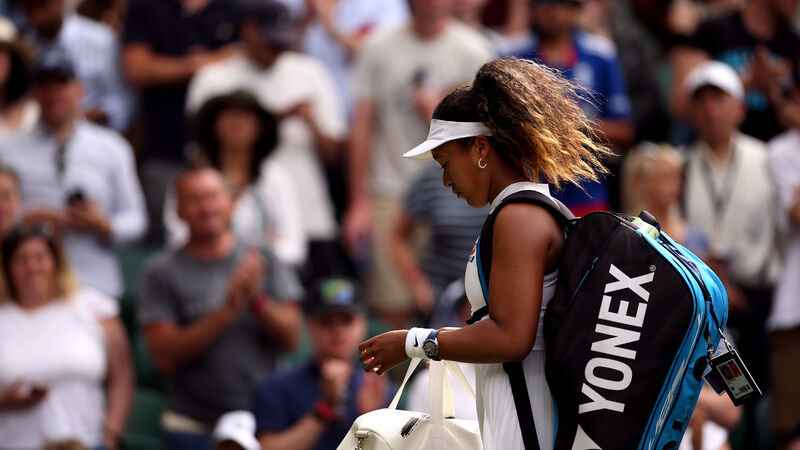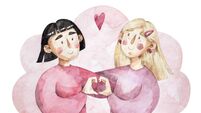Naomi Osaka – the talented introvert who makes a point of getting people talking

Naomi Osaka has pulled out of the French Open (Steven Paston/PA)
A self-confessed introvert, Naomi Osaka’s on-court confidence appears to deteriorate dramatically the moment she steps off it.
A series of stunning performances over recent years have catapulted her to four Grand Slam titles, status as the highest-paid female athlete on the planet, as well as spells as the world’s number one player.







